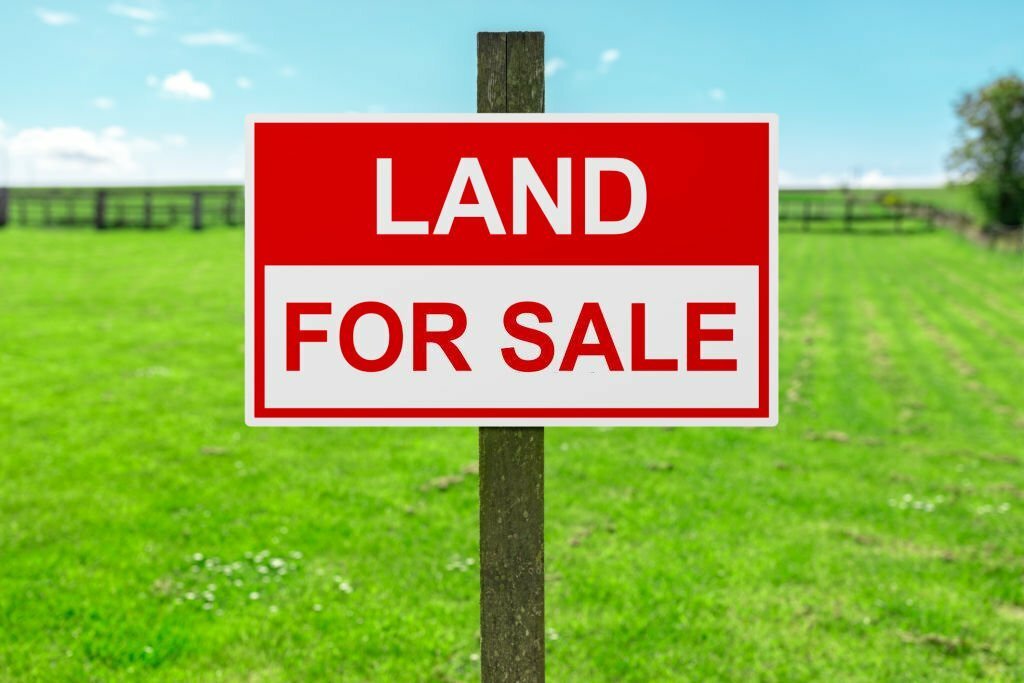
Selling raw land can be a lucrative venture for property owners, but it also requires careful planning and consideration. Unlike selling a developed property, selling raw land comes with its own set of challenges and complexities. There are companies that buy land quickly, but for those looking to maximize their profits, it’s important to understand the key factors that can impact the sale of raw land.
Table of Contents
Location Is Crucial for Value
A prime location can greatly enhance the desirability and potential uses of the property, ultimately leading to higher market value. When potential buyers evaluate raw land, they consider factors such as accessibility, proximity to amenities and services, and the overall development potential of the surrounding area.
A property situated in a desirable neighborhood, with good transportation links and proximity to schools, shopping centers, and recreational facilities, will naturally command a higher price. On the other hand, land located in remote or less desirable areas may have limited market appeal and thus a lower value. Therefore, when selling raw land, it is crucial for sellers to carefully assess and market the location advantages to maximize its value in the competitive real estate market.
Research Zoning and Development Potential
Zoning laws dictate how a particular piece of land can be used and developed, and this information is crucial for potential buyers with specific plans in mind. Conducting thorough research on local zoning regulations and ordinances will provide valuable insights into the allowable land uses, building restrictions, and any potential limitations or requirements for development.
This knowledge allows sellers to accurately communicate the development potential of the land to interested parties, ensuring transparency and avoiding any potential issues or conflicts down the line. Additionally, understanding the development potential of the land helps sellers set realistic expectations and determine an appropriate asking price, maximizing the chances of a successful sale.
Understand the Local Market Trends
When selling raw land, sellers need to have a deep understanding of the local market trends. This involves analyzing factors such as supply and demand, recent sales data, and the overall economic conditions of the area. By staying informed about the current market trends, sellers can strategically position their land in the market and make informed decisions about pricing and marketing strategies.
Understanding the local market trends also allows sellers to identify potential buyers and target the right audience for their property. Additionally, keeping an eye on market trends can help sellers anticipate any fluctuations or shifts that may impact the value or desirability of the land, allowing them to adjust their selling approach accordingly. Ultimately, a comprehensive understanding of the local market trends is crucial for sellers to make informed decisions and successfully sell their raw land.
Prepare for Potential Environmental Issues
Environmental concerns can significantly impact the value and marketability of the land, as well as pose legal and financial risks for sellers. Sellers need to conduct thorough due diligence and identify any potential environmental issues on the property, such as soil contamination, wetlands, endangered species habitats, or hazardous waste sites.
Engaging the services of environmental experts, such as environmental consultants or geotechnical engineers, can provide valuable insights and help sellers navigate through environmental regulations and compliance requirements. By addressing any environmental concerns proactively, sellers can mitigate potential risks and ensure a smoother and more successful sale of their raw land.
Have a Clear Marketing Strategy
To maximize the chances of a successful sale, sellers of raw land must develop a clear and effective marketing strategy. This involves identifying the target audience and tailoring the marketing efforts to reach them effectively. Professional photography and high-quality aerial footage can showcase the unique features and potential of the land, capturing the attention of potential buyers.
In addition, utilizing online platforms, social media, and industry-specific websites can expand the reach and visibility of the land listing. It is also crucial to develop compelling and informative marketing materials, such as brochures and virtual tours, that highlight the key selling points and benefits of the land.
Conclusion
Selling raw land can be a complex and daunting process, but by considering these key factors and seeking guidance from a professional real estate agent or land specialist, you can ensure a successful sale. From understanding the local market and potential buyers, to properly preparing and marketing your land, these expert insights will help you navigate the selling process with confidence. Remember to also remain patient and open to negotiations, as selling raw land may take time, but with the right approach, you can achieve a profitable and satisfying sale.





